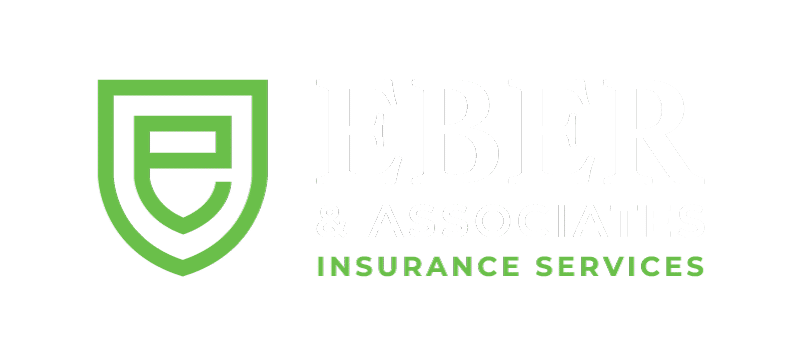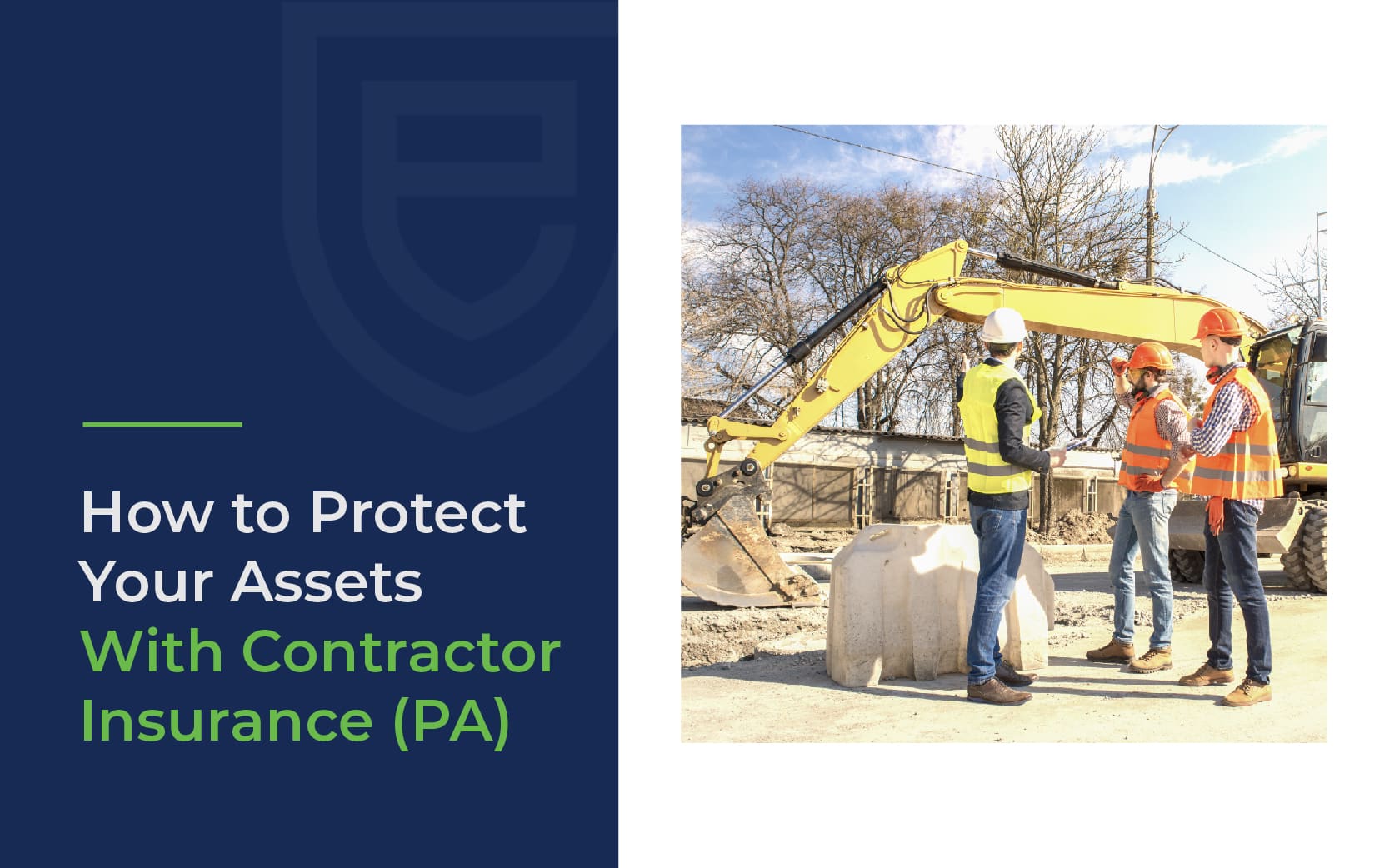Operating a construction business comes with significant challenges and risks. Securing sufficient insurance coverage to protect your business from unforeseen liabilities and financial setbacks should be a top priority for any contractor.
This overview navigates you through the key aspects of contractor insurance in PA to help you make informed decisions and strengthen your business.
Business Liability Coverage Helps You Keep What You’ve Built
Whether you’re a large or small business in Pennsylvania, adequate contractor insurance coverage is a necessity. Liability coverage shelters you from potential financial obligations arising from bodily injury claims, property damage, and personal injury incidents related to your professional activities.
Liability coverage is important for all contractors, shielding you from hefty legal fees, medical costs, or compensation expenses. Without it, even a single accident could have profound financial implications for your business. If you want peace of mind and a sense of economic security, it’s critical to find the right policy.
The Four Essential Coverages
When protecting all areas of your business, you need to be prepared for the unexpected. Contractors typically purchase four main types of insurance policies to protect their assets:
General Liability Insurance
General liability insurance safeguards businesses against claims made by third parties. It commonly provides coverage for bodily injury and property damage.
Workers’ Compensation Insurance
Workers’ comp insurance is mandatory in most states including Pennsylvania. It provides financial benefits for employees (covering medical bills and lost wages) and employers (reducing the likelihood of lawsuits).
Business Automobile Insurance
Commercial auto insurance is available for you and your employees who use company-owned vehicles. This protection pays for property damage to the victims and any medical expenses incurred from accidents.
Umbrella Insurance
An umbrella policy covers everything else. It provides protection when there is liability for damage to another person’s property or if someone other than the employee is injured while on the job.
Take the time to understand these policies so you can make informed decisions and remain compliant with government regulations. Failing to carry workers’ compensation, for example, can result in substantial penalties and legal action, making it a vital component of your insurance plan. Meeting these insurance requirements is essential for securing new work contracts, maintaining trust with clients, and managing risk responsibly.
Speaking of risk management, construction businesses need to identify and mitigate any potential issues that can negatively impact their operations. The goal is to minimize safety concerns for their team and reduce the number of insurance claims, which involves maintaining a well-trained workforce, staying compliant with safety standards, adhering to industry best practices, and keeping your work environment secure. The good news is that adequate risk management can result in reducing your insurance costs.
Key Factors to Consider When Assessing Your Coverage Needs
When you meet with an agent, you’ll start by addressing the following factors to determine which kind and how much insurance coverage you’ll need:
- Business size and type of work. Larger companies and those undertaking riskier projects (such as high-rise construction) will need more coverage than smaller businesses or those doing lower-risk work (like kitchen renovations).
- Claims history. Businesses with a history of claims will probably face higher premiums or difficulty obtaining coverage.
- Number of employees. More employees means more potential for accidents and lawsuits, so insurance costs may be higher.
- Experience level. Companies with a proven safety record and experienced staff may be viewed as lower risks by insurers and offered better rates.
- Contractual requirements. Some contracts may require a certain level of liability coverage from the contractor.
- Location. Construction costs and risks can vary depending on the area in which the work is being conducted.
- Subcontractors used. Businesses that rely heavily on subcontractors may need additional coverage to ensure everyone involved is insured.
Optional But Valuable Coverages Add-ons
When it comes to maximizing contractor insurance, PA business owners can select coverage options that provide added protection. Some of the more popular add-ons include:
Errors and Omissions (E&O) Insurance
Also known as professional liability insurance, this coverage protects against negligence claims in professional services, providing a safety net that can give you peace of mind and protect your investment and reputation.
Builders Risk Insurance
With this policy add-on, your construction projects are protected from unforeseen events while they are in progress. It’s important not to leave your hard work at risk by protecting it with extra coverage.
Inland Marine Insurance
This protects your business by covering property during transportation or stored away from your primary location. This versatile insurance can safeguard a wide range of items, including products, materials, and equipment used for communication or transportation, as well as items owned by others but stored at your business location.
Get the Right Contractor Insurance (PA) With Eber
By obtaining the appropriate contractor insurance in PA for your contractor business, you can minimize risks and focus on growing your business, knowing you are prepared for any situation. Act now to safeguard your livelihood and ensure a secure future.
Eber & Associates offers a huge range of options and industry expertise to help you find the right coverage at the best price. To learn more or kick-start your contractor insurance plan, contact us for a quote.

